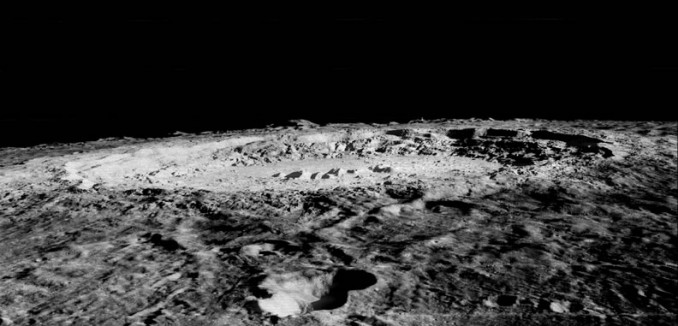The Israeli and American teams vying to win Google’s Lunar XPRIZE challenge have emerged as the competition’s two frontrunners, CNN reported on Tuesday.
Thirty private teams from 16 countries initially entered the competition, which challenged participants to land a spacecraft on the moon, move it 500 meters in any direction, and send live high-definition video back to Earth. The competition began in 2007 as a way to open a new era of space exploration.
The teams have until December 31, 2017 to complete their mission. The two main challengers still remaining — the Israeli team SpaceIL and the American team Moon Express — have scheduled launches for some time in 2017.
The first team to complete the mission will receive a $20 million prize, though that’s a fraction of the total cost of building, launching, and landing a spacecraft on the moon.
SpaceIL CEO Eran Privman said that his team did not enter the competition for any monetary reward. “There are many reasons why [we want] to be there. We, as the Israeli team, would like to put Israeli technology on the moon next to the Russians, the Americans, and China. That by its own will be a great achievement.”
Accomplishing the mission could open a new era of commercial travel to the moon, Mars, or elsewhere, Privman said.
According to CNN, “Israel’s space industry is a result of what many consider to be the country’s first startup: the Israel Aircraft Industries’ Lavi. In the early ’80s, Israel began developing an advanced, single-engine fighter jet, called the Lavi. The program was canceled in 1987 after the country spent approximately $1.5 billion on it. But the scientists and engineers who had worked on the program took their technical knowhow into the Israeli marketplace. One year later, Israel launched its first satellite, called Ofek.”
Earlier this month, the International Space University’s annual Space Studies Program launched in Israel, marking the first time that the program is being held in the Middle East.
[Photo: Lunar and Planetary Institute]




